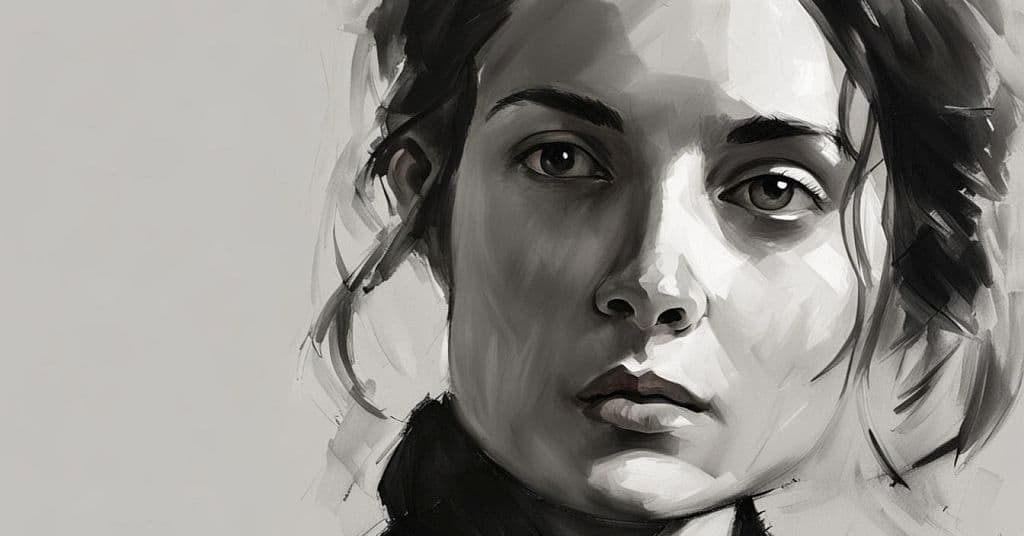 The book L’Innocente serves as a platform for Ceccaldi to voice her version of events.
The book L’Innocente serves as a platform for Ceccaldi to voice her version of events.
Mother Ceccaldi #
Tell me about Lucie Ceccaldi. #
Lucie Ceccaldi was notably recognized as the mother of Michel Houellebecq, a prominent French author known for his often controversial novels. Her relationship with her son, and her portrayal in his works, is a significant aspect of her public identity.
Michel Houellebecq is a key figure in contemporary French literature, known for his novels that often explore themes of existential malaise, social alienation, and the impacts of consumerism and capitalist culture. His works, such as “Les Particules Élémentaires” (The Elementary Particles) and “Soumission” (Submission), have sparked considerable debate and controversy, often due to their bleak portrayal of human nature and society.
Ceccaldi’s relationship with Houellebecq was publicly strained and complex. Houellebecq’s portrayal of his mother in his semi-autobiographical novel “Les Particules Élémentaires” was unflattering, depicting her as a neglectful parent primarily focused on her own pursuits. This portrayal contributed to the public’s understanding of their relationship, often overshadowing Ceccaldi’s own identity.
Ceccaldi publicly responded to her son’s portrayal in her book “L’Innocente” (The Innocent), where she defended herself against the negative depiction in her son’s novel. Her book provided a counter-narrative, attempting to challenge and correct the public perception formed through Houellebecq’s literary lens.
The relationship between Ceccaldi and Houellebecq reflects broader themes in literature and society, such as the interplay between autobiography and fiction, the impact of family dynamics on artistic expression, and the public’s fascination with the personal lives of authors and their families. Their relationship, mediated through their respective writings, offers an intriguing case study in the complexities of familial relationships and the ways in which they intersect with public and literary life.
Describe in more detail Houellebecq’s depiction of Ceccaldi. #
Michel Houellebecq’s depiction of his mother, Lucie Ceccaldi, particularly in his semi-autobiographical novel “Les Particules Élémentaires” (“The Elementary Particles”), is notably harsh and unflattering. In this novel, Houellebecq creates a character believed to be based on Ceccaldi, presenting her as a figure who is deeply negligent and self-absorbed, prioritizing her personal ambitions and romantic liaisons over the welfare of her son.
The character representing Ceccaldi is portrayed as emblematic of a certain post-war generation in France, one characterized by its rejection of traditional values, particularly those related to family and parenting. Houellebecq uses this character to critique what he perceives as the moral and social failings of this generation. The portrayal is imbued with a sense of emotional abandonment and existential void, reflecting the broader themes of despair, loneliness, and the search for meaning that pervade Houellebecq’s work.
This depiction is not just a personal indictment of his mother but also serves a broader thematic purpose in Houellebecq’s narrative. The mother figure in “Les Particules Élémentaires” is a conduit through which Houellebecq explores the consequences of the 1960s cultural and sexual revolutions in France. The perceived neglect by the mother is linked to the broader societal shift towards individualism and away from traditional family structures, which Houellebecq suggests leads to emotional isolation and a fragmented society.
It’s important to note that this portrayal is a fictionalized and highly subjective account, serving the novel’s thematic and narrative purposes. The real-life complexities of Houellebecq’s relationship with his mother, Lucie Ceccaldi, and her own perspective, as she later articulated in her book “L’Innocente,” adds a contrasting dimension to the understanding of their relationship beyond the confines of Houellebecq’s literary representation.
Your response really lacked detail. Let’s try to do better at describing Ceccaldi’s version. #
Certainly, let’s delve into Lucie Ceccaldi’s perspective as presented in her book “L’Innocente.” This work was a direct response to her son Michel Houellebecq’s portrayal of her in his novels, particularly in “Les Particules Élémentaires” (“The Elementary Particles”).
In “L’Innocente,” Ceccaldi aims to refute the negative depiction of herself as an uncaring and neglectful mother, a portrayal that she felt was unfairly and inaccurately presented in Houellebecq’s work. Her book serves as a counter-narrative, offering her side of the story and seeking to correct the public perception influenced by her son’s fictional portrayal.
Ceccaldi’s narrative challenges the image of her as a mother who abandoned her son for her own selfish pursuits. She defends her actions and decisions as a parent, providing context and explanations that were absent in Houellebecq’s novels. Her account is an attempt to paint a more nuanced and sympathetic picture of her life and her relationship with her son.
In her book, Ceccaldi also addresses the broader implications of being portrayed as a negative character in her son’s widely read and critically discussed novels. She confronts the emotional impact of this portrayal, not only on her own life but also in terms of how she was perceived by others, including the public and media.
“L’Innocente” is significant not only for its personal revelations but also for its contribution to the conversation about the boundaries between fiction and autobiography. It raises questions about the responsibilities of authors in depicting real-life figures, especially family members, in their work, and the effects these depictions can have on the people involved.
Through her writing, Ceccaldi seeks to reclaim her story and identity, which she felt had been distorted by her son’s literary interpretation. Her book is a defense of her character and a mother’s perspective on a complex and strained familial relationship, offering a vital counterpoint to Houellebecq’s narrative.